5 Prepping Things You’re Not Doing That You Should Be
Today, it’s all about 5 Prepping things you’re not doing that you should be. Sometimes it’s the smaller details in life that we miss that can come back and bite us the most. That’s because we make the mistake of spending little time thinking about them because we’re busy focusing on something we think is of much more importance. Even experienced preppers can fall into this trap and think that they have all of their bases covered.
Yet even for them, an emergency situation could throw a wrench in their prepping plans such that they wouldn’t be prepared because they didn’t take the time to consider such a possibility. Here are a few things that you may not be doing that you would end up regretting if an unforeseen emergency did happen in your area. I’m updating this post based on some observations I’ve made from recent disasters in the news. In case you missed this post, 30 Items You Need To Survive A Pandemic
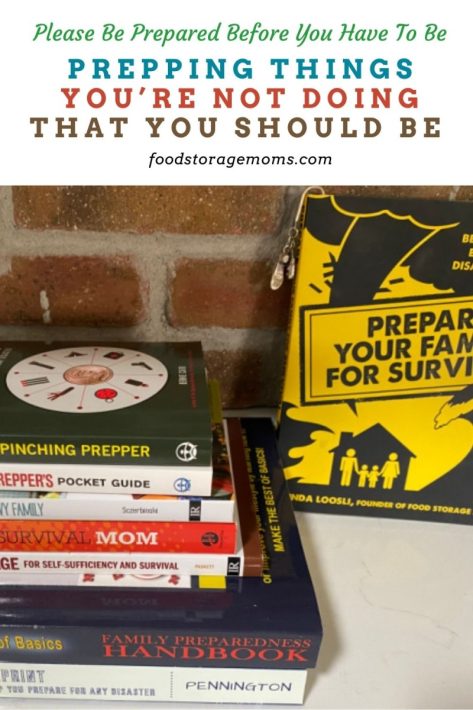
5 Prepping Things You’re Not Doing
1. Trusting that Your Gear Will Work Without Ever Testing It
What kind of soldier would ever think about heading into battle without first ensuring that his weapons and other equipment worked properly beforehand? We all understand that the soldier who isn’t prepared, including checking out his equipment, has slim chances for long-term survival.
Getting comfortable with how to load, aim, and fire weapons quickly and accurately take hours of practice. This is one of those prepping things you’re probably not doing that you should be. All your equipment items are important to check and test too, like your flashlights, water filters, cooking gear, generators, and more.
The other three aspects of this issue are to do an inventory to make sure you know what you have, know where each item is located, and also know how to use it. Nothing is more frustrating than to need to operate a unit and realize you’ve never run it before and don’t know the first thing about its operation. User manuals are great, but you don’t want to be reading them in the middle of an emergency!
Getting back to our soldier illustration, I know many of you are teaching others to practice loading, cleaning, and shooting. I applaud you. This is one area I’m personally lacking, but do want to get up to speed soon. Thank goodness for the Second Amendment, I better leave it at that. This is my new favorite flashlight: Olight Flashlight
Getting too Comfortable
But that’s exactly what some preppers do when it comes to their emergency supplies. They feel they have them ready for an emergency, but they never test them out by actually using them so that they can get truly comfortable and confident with them when the real deal happens, let alone see if it’s going to work as expected and advertised.
Practice Cooking
It would be smart on your part to practice cooking dinner with your backup camp stove every once in a while, or getting your family on board by cooking some of those meals you have set aside for emergencies. How about going camping with your tent sometime to make sure that you know how to put it together?
Not only does the cooking practice help you better understand the equipment, but you can take advantage of learning which food items you enjoy most, which recipes are the easiest to prepare, and how to approach your next prepper food shopping trip.
The same holds true for all of your other emergency supplies and equipment. Don’t wait to use them when the situation arises, only to find out you don’t know how to work them properly or you are missing some parts or ingredients.
2. Avoiding the Uncomfortable
Unless you have an unusual insensitivity to pain and discomfort, you’re probably one that doesn’t like running into challenging situations. No, you and I prefer the easier path in life that has the least amount of resistance. I mean, who wouldn’t? Yet when we try to live our entire lives entirely problem-free, and with all of our modern comforts and luxuries, always avoiding that bump in the road, it puts us at a huge disadvantage in an emergency situation since we may not understand how best to respond.
I’ve always stressed the need to perform those home evacuations, and discussing the location and travel routes to your meeting place since family members could be scattered due to school, work, play dates, daily workouts, etc. Getting the whole family involved in your gardening project can also illustrate how being self-sufficient can bring the family together for common goals.
3. Don’t Avoid the Uncomfortable
A disaster scenario would be no picnic. Being thrown into an undesirable environment would be tough for anyone. You may no longer be able to take a hot shower or have the convenience of driving your car wherever you need to go.
It may even come to a point that you have to eat food that family members don’t particularly like just to survive, or sleep among obnoxiously loud crickets night after night in a very cold environment. It’s best to work through some of these discomforts and roadblocks now. That way you will be able to keep your morale up and not be lashing out at those you care about when things get tough.
4. Not Focusing Enough on Survival Knowledge
Most preppers have spent countless hours planning and gathering emergency supplies, many of them spending a small fortune in the process. But guess what, without the right knowledge, your survival gear will only get you so far, and more than likely, you’re not an expert in the necessary aspects of prepping when it comes to survival.
It would be smart to get some books and spend time with all family members going over what needs to be done before, during, and after the emergency. The old adage, Knowledge is Power certainly applies to prepping plans and execution.
Focus on the Right Knowledge
Another thing to think about is that if you’re ever caught in a major disaster, you may not have Google and YouTube that you can fall back on to help you where you are lacking information and training. Without the internet, who would be there to answer any questions you may need help with? Here’s where “networking” with friends and neighbors really comes in handy. Work on projects together and glean what you can from others’ skill sets.
Stock Up on Survival Books
This is why you need to be stocking up on survival books right now, but don’t just own them. Putting them on a bookshelf to collect dust will be doing you absolutely no good when things get tough. It would be a huge mistake to wait around and read your survival literature after the crisis has taken place. It could possibly cost you and your family their lives. So actually take the time to read and study them in order to help you in areas where you are weak. If you don’t have it already, consider purchasing my book “Prepare Your Family For Survival” and “Buggin In”
5. Disconnecting from Technology Every Once in a While
Can you imagine a world, or at least a very large region, that was forced to go completely cold turkey from all electronic devices at the same exact moment? You may find yourself shaking just thinking about it. These devices can certainly come in handy in many situations, but we need to learn how to be self-sufficient in case they aren’t available.
Get Used to No Technology
People would literally start struggling and wouldn’t have any idea how to cope without their mobile devices to entertain them all the time. To be blatantly honest, it’s really sad that we’ve found ourselves so dependent and attached to them in the first place.
Disconnect Sometimes
Choosing to disconnect from all electronics from time to time, not only will positively impact your life now, but it will also help you learn to deal with the experience of waking up one morning and not being able to update your social media or connect with the outside world at large.
The biggest challenge is the loss of power which normally is a part of a disaster scenario. That’s why I think solar flashlights and crank radios make sense as part of your prep planning.
No Tech Challenge
I’d encourage you to take a day out of the week where you set your phone down, turned off your tv, and avoid the urge to shop on Amazon with your laptop. Instead, go out and spend the day getting some fresh air, whether it’s taking a walk at a park, riding a bike, or maybe tending to your garden. We’ve lost the habit of visiting or writing family, friends, and neighbors. Give it a try, you’ll be surprised how pleasant it can be.
If you’re invited to dinner, please leave your phone off. If you go to a restaurant with family or friends, put your cell phone away. This way you are letting them know THEY are important to you more so than your cell phone. I’ve seen people go crazy if they have a message. I’ll get off my soapbox now. Life is good when you have good conversations face-to-face.
Prepping Things You’re Not Doing That You Should Be
Final Word
The famous inventor Thomas Edison once so wisely said, “A good intention, with a bad approach, often leads to a poor result.” That being said, you may already have most of your supplies stockpiled that you would need for an emergency, along with every good intention. But if you don’t implement some of these practices in your daily life now, you and your family will have an incredibly tough time adjusting when a major disaster takes place. Can you think of any other areas where preppers are still missing the boat? What are some prepping things you’re not doing that you should be? May God Bless this world, Linda.

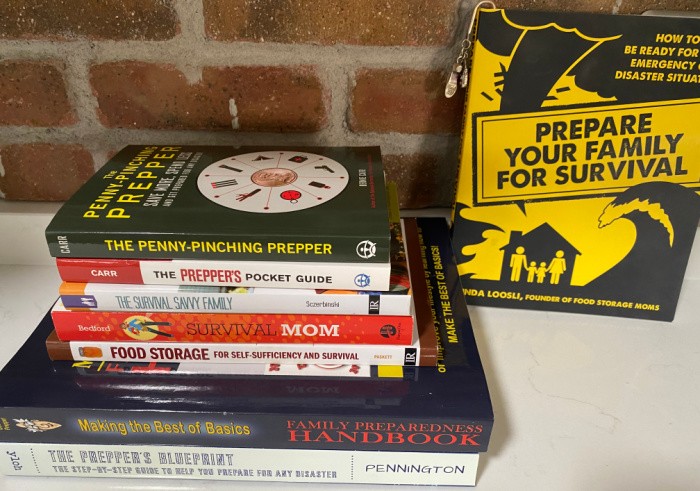

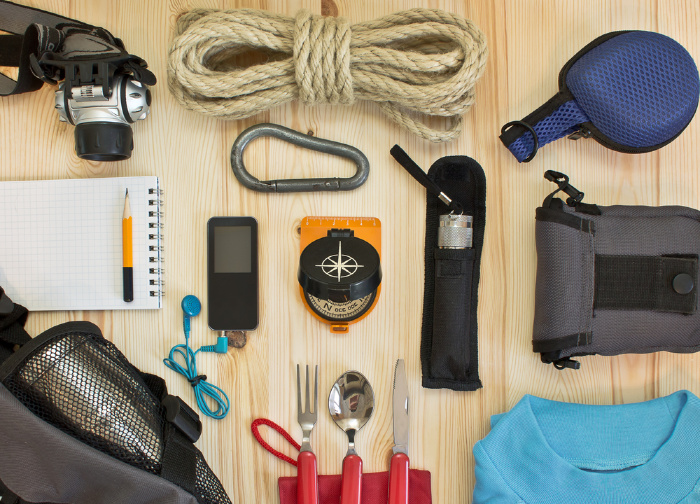
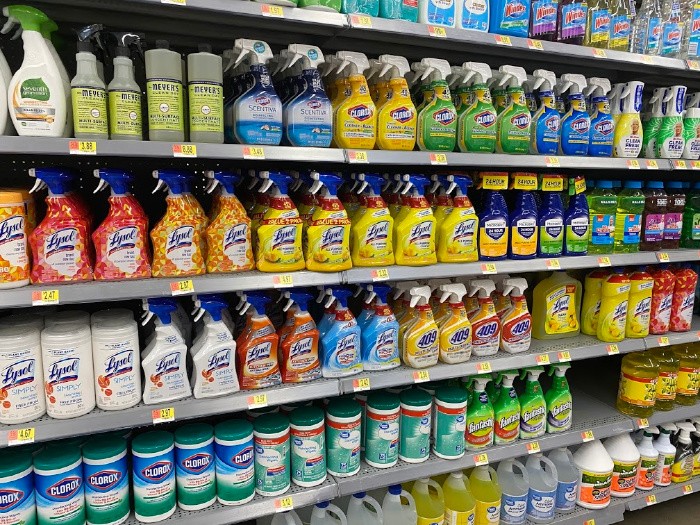
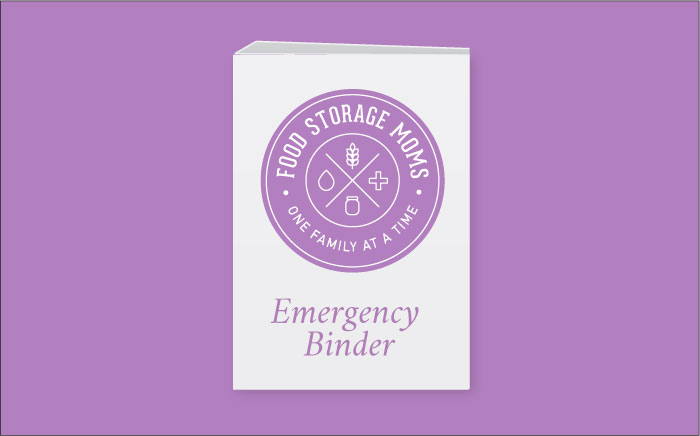
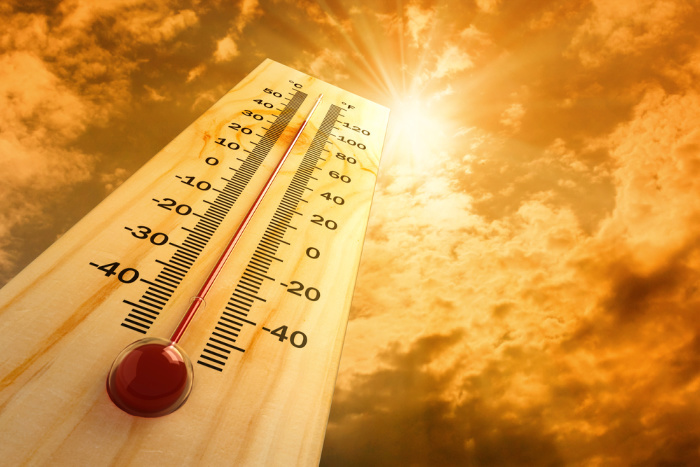
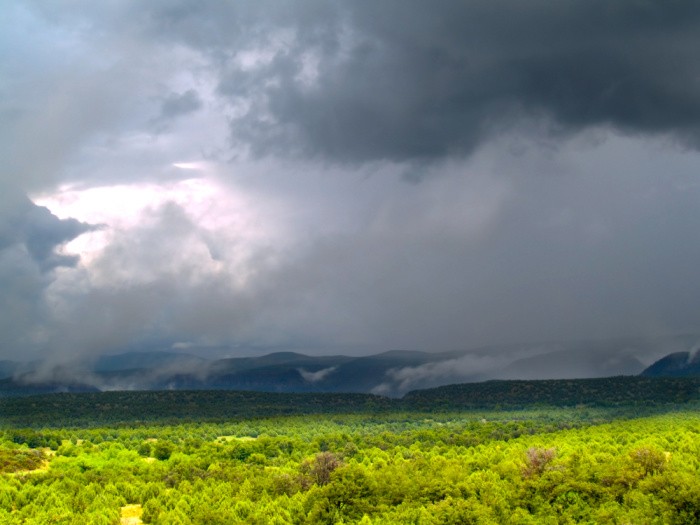
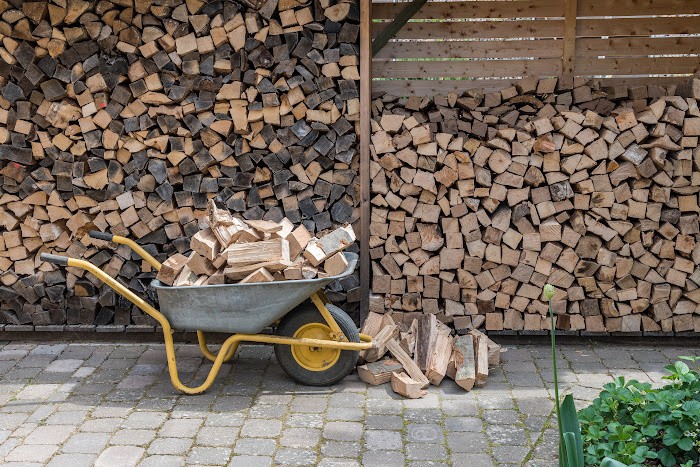
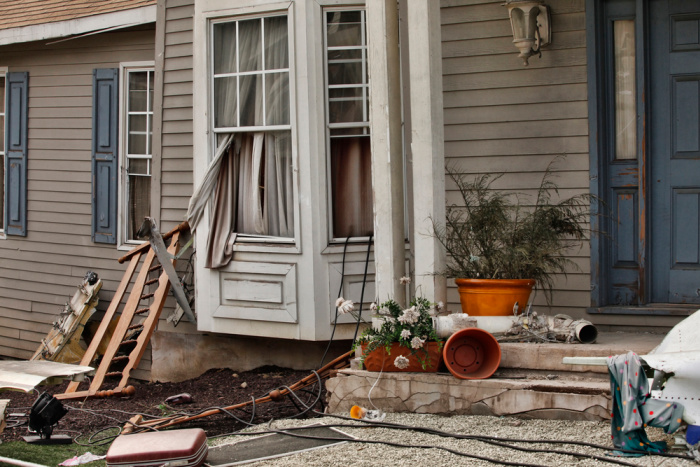
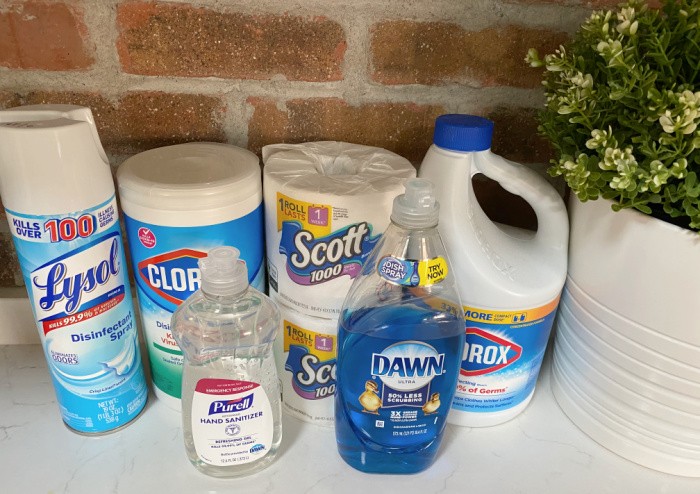
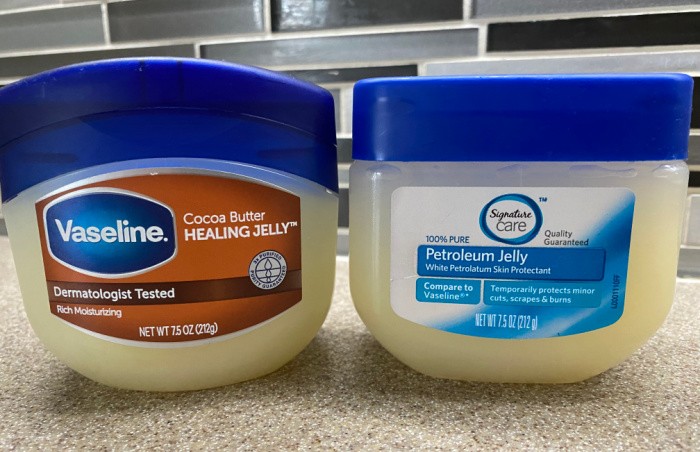
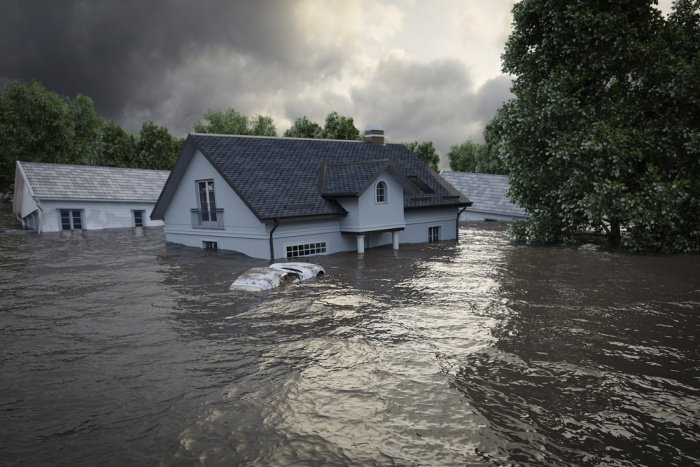
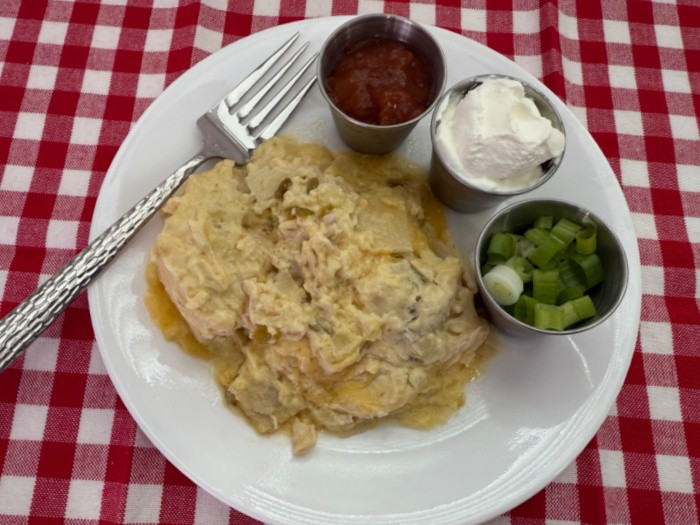
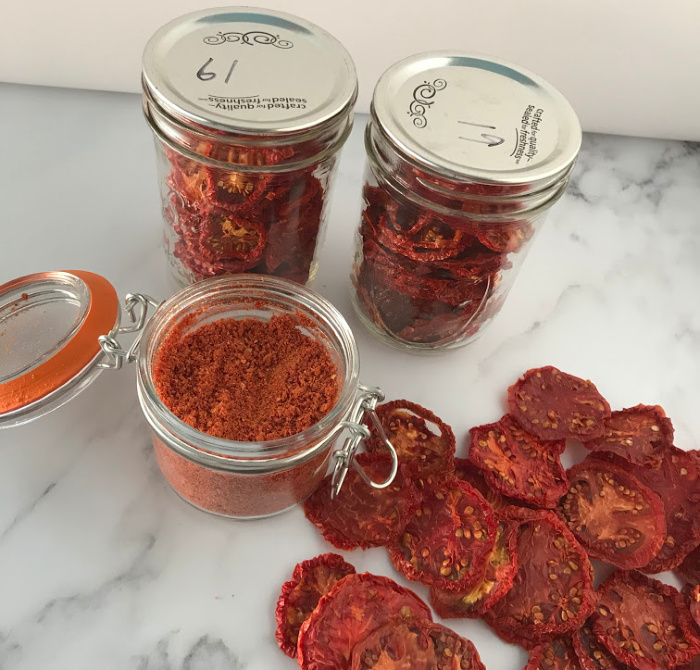
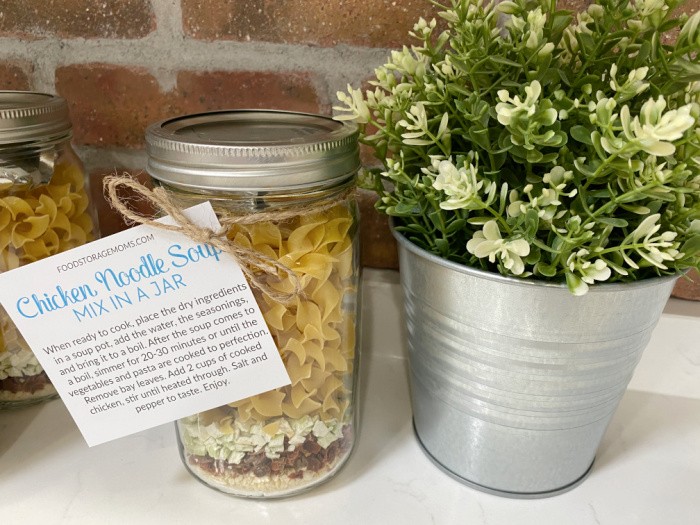
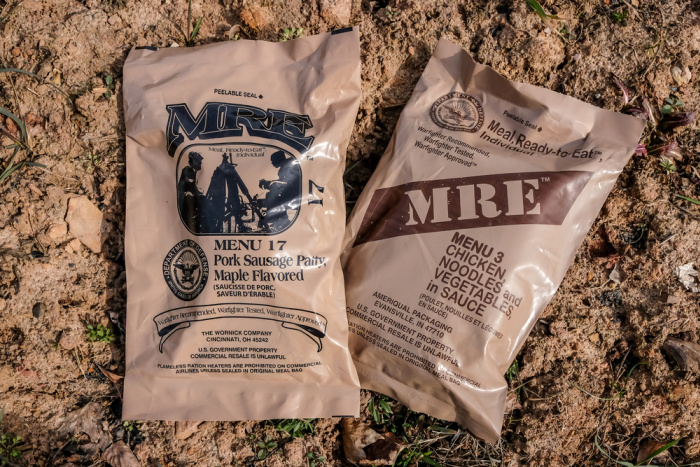

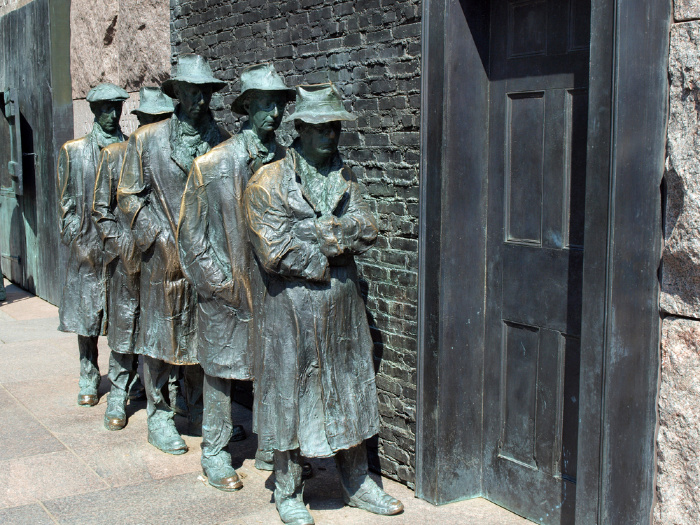
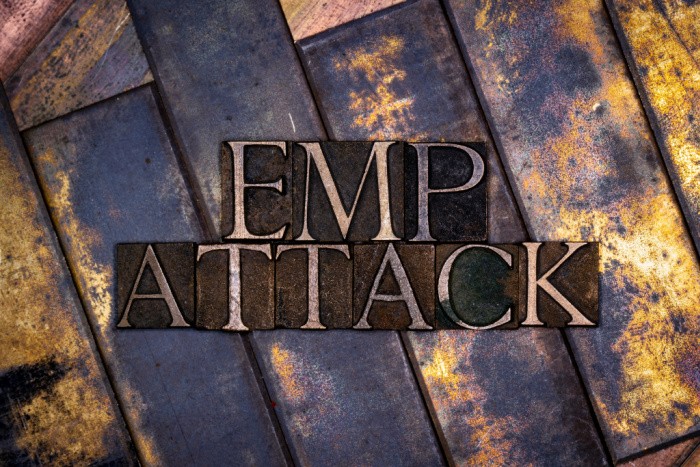
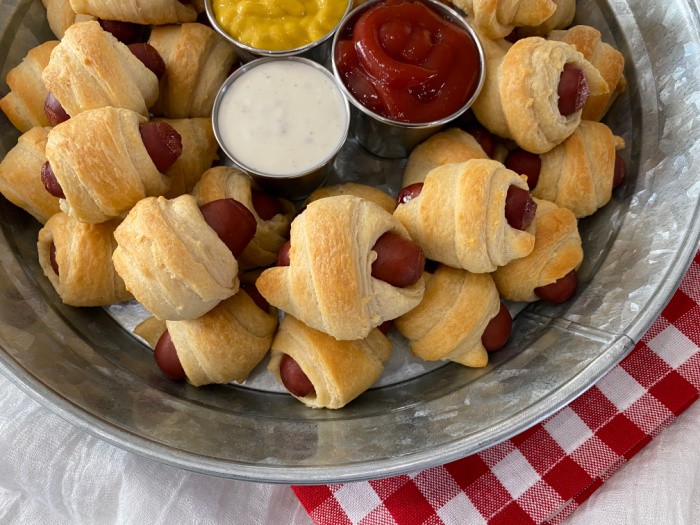

I do have some paperback novels that I’m saving for when we don’t have power. OK so I have a lot of them. I love books. I also have and read my prepper/survival books. I do need to use my Coleman stove. I need to get the fuel bottles for it first. Like yesterday. Thank you for the reminder, Linda. You keep me on my toes.
Hi Deborah, thank you for your kind words! I love my “audible books” so I can walk and “read” but the real deal hard books are the best. I love hearing you love books! Life is so good! Linda
Funny because we just had that gear conversation yesterday Linda
Folks think I’m weird because I’ll sit in the dark and go through my gear so I know where stuff is. Yes I’m weird but you’ll call me long before I call you.
500 rds before I’ll carry that weapon and 1K draws from a holster before it goes on my duty belt.
Hi Matt, you are such a wealth of experience people will call you FIRST for sure! You’re not weird, you are well trained with experience!! I LOVE IT, but you already know that! Linda
To add. I gather up many handgun magazines and pouch or pocket them everywhere. I then lay couch cushions down and practice reloading.
Emergency reloads I’ll drop the mags into the cushions and tactical reloads I’d stick back in a pocket.
I don’t like to put partial mags back in a pouch. I want them in a pocket so I know they aren’t full.
I use snap caps or dummy rounds and the same can be done with revolvers even with moon clips, speed loaders or speed strips.
Even single actions can be done with standard loading or cylinder swaps. In emergencies don’t load one skip one so it’s on an empty cylinder though. Load all holes.
Practice from standing, kneeling and prone.
This can be done at your convenience and cost is minimal.
Then get busy on the rifle and shotgun doing the same.
HI Matt, I LOVE LOVE LOVE your comment! This should help all of us. Then practice like you mentioned, every day if you need too! Great comment, Linda
I’ve had several “opportunities” lately to experience some of this list. The power went out the other night and last week my laptop broke and it took a week for the repair & return. We used to do a lot of camping so I am experienced with a lot from that. Our family has decided to have fun this summer having Dutch Oven potlucks using the new fireplace to get our cooking skills refined. We believe in eating delicious food and having cooking skills and some good recipes we’ve collected and tried is very worthwhile. I need to practice with the Sun Oven this summer.
I do have entertainment items like books, games, puzzles and needlework for entertainment. One of the benefits of being older is life without electronics isn’t foreign. Also my dad who lived to 100 was the son of a Mormon pioneer and he was raised on a farm that had no power anything and was self-sustaining. He knew how to create and fix anything. We lost an incredible resource when he died – which he did sitting at his kitchen table fixing a refrigerator part.
Hi Kay, oh I LOVE LOVE LOVE this comment! I wish I had family who would do Dutch Oven potlucks nearby, how FUN! And great experience! You can cook or bake anything in your Sun Oven if you have sunshine and a non-reflective pan that fits. Any recipe that is around 350-375 degrees. Plus, nothing burns in a Sun Oven. Your dad must have been an amazing person, kudos to your family!! Raised on a farm without power and self-reliant, I LOVE it! Linda
As always, excellent info. I may not always respond to your posts, but I certainly read them. By using some of our stash during lockdown, I’ve learned several food items are not going to be useful, and some personal supplies have changed as well. These are being cycled out and replaced with more realistic items. Water is still the main issue, though. Working on it!
Hi Terry, thank you for your kind words, we all learn from each other. Years ago, I purchased a lot of freeze-dried food in #10 cans. Now, not so much. The prices are ridiculous right now. I still stock up on canned goods. I think every year we learn what works for us and what does not fill our needs any longer. Water is huge, you can do it, just do it right, my friend. The lockdown taught a lot of us what we needed or don’t need. I feel I’m over the top prepared but I was short on ketchup…..not anymore. Linda
Learning so much from you all. Thanks from earthquake country!
Hi Valerie, thank you for your kind words. In our group, we all learn from each other. I’m in earthquake country too! Linda
All of the books you had links for were reasonably priced. However, Doctor Prepper’s Making the Best of Basics kind of expensive. Is it worth the price?
Anyway, you always have great posts.
Hi Karl, no it is not. I would not pay that much for it. Thank you for your kind words. I just grabbed a few for the picture in the post. I would not pay that much! Stay safe, Linda
Thanks for the quick reply. Much appreciated.
Hi Karl, you are welcome. I had no idea the book had gone up in price as in over priced. Linda
Love this! I didn’t start seriously prepping until the pandemic. Now it’s at the top of our to do list.
Hi Jess, life is so good when you can see the importance of prepping, right? Good job! Better late than never. Linda
I think one important thing I’ve been failing at lately prepping for is being physically fit enough to handle ,say, a 5 mile run and a 40 mile bike ride without dying. I used to run and bike more. With nicer spring and summer days coming I need to ride my bike more. A rescue dog has helped with walking, hopefully running soon.
Hi Jerilea, oh man you nailed it! I’m with you because this last year I was inside more than I care to admit. I want to beef up my stamina, and strength. Walking or biking would be awesome. Linda
if you are going to get PREPPER books, lease read them before you need them
Hi Dusty, oh, you are so right, I try and talk about cooking with a butane stove, a Dutch Oven, a Sun Oven, etc. We need to know how to use our preps BEFORE we need them! Read the books now! Love it, Linda
You always hit the button right on the nose. There are a lot of things that I had not thought of.
Hi Jackie, I like to put out reminders so we all check our preparedness stuff and then rotate or add to our stuff. Linda
First thing is to be properly dressed like here in Florida you need lightweight fabrics that feel like soft cotton otherwise you’ll feel miserable even when it cools a bit, due to the heat and humidity.
Also proper storage of food, water and medicines means you’ll never have to make a run to a store for supplies. And having a well stocked bathroom, kitchen, workshop, etc., means you can handle any common problem again without having to stand in long lines where people often become hostile. This is also a good reason to have a full tank of gas.
Being prepared ahead of a disaster or all the time, can make things easier. And if you get into a lot of different projects, learn how to do different things, your not going to get bored. And if you’re busy surviving then you lessen fear and decrease the chance of being bored.
I have a lot of books on survival and preparedness and homesteading, but some are projects and by completing projects (Building a chicken coup, making vinegar, etc.) you are learning and doing and making your home more self reliant.
Hi Frank, great comment. You nailed it. We must be self-reliant in order to survive most disasters or unforeseen emergencies. Thank you for sharing! Linda